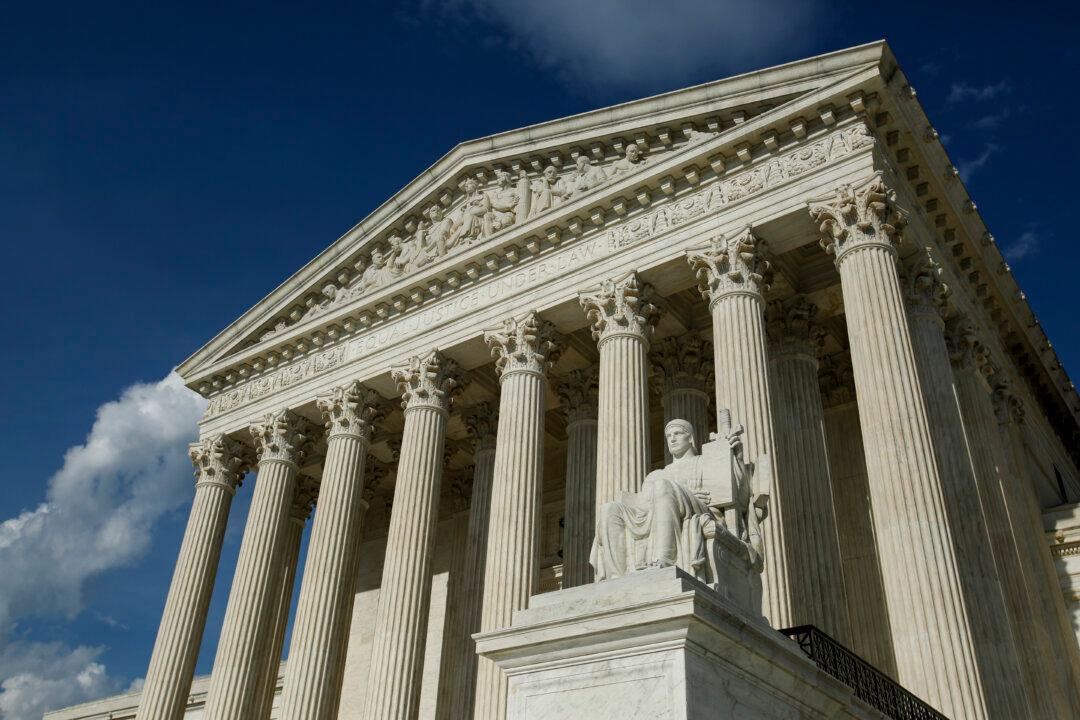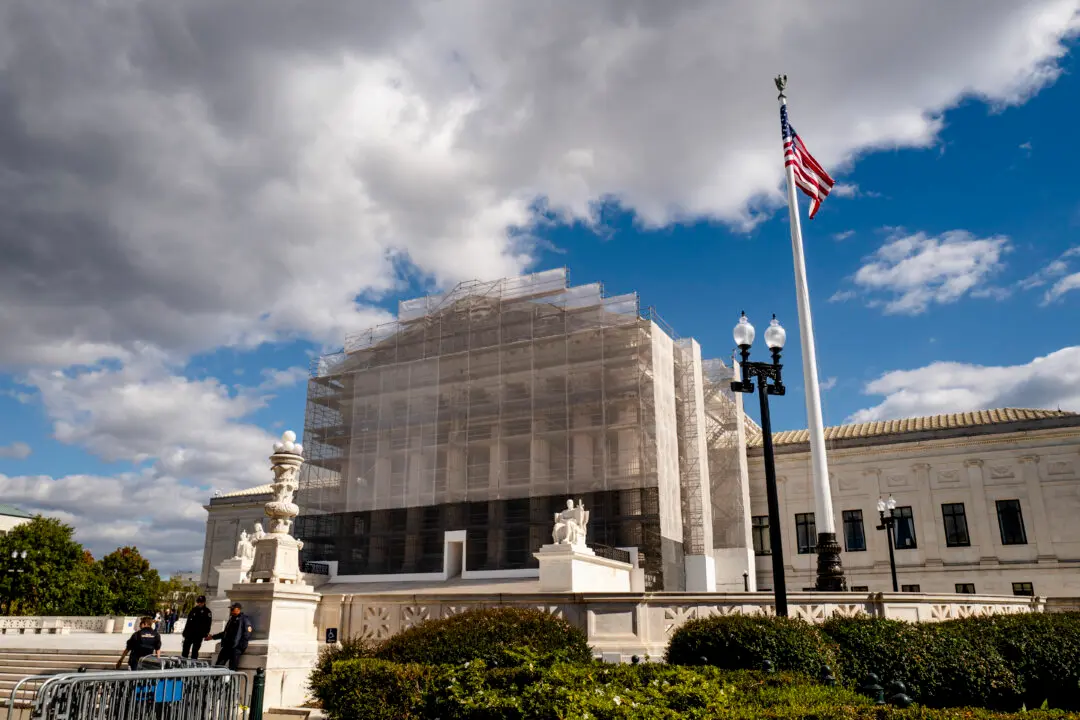Commentary
For someone like me who respects the Supreme Court (SCOTUS), its June 17 decision (pdf) protecting Obamacare is uncomfortable reading. The case surely will feed public belief that America now has two systems of justice: an indulgent one for establishment liberals and a harsher one for the rest of us.





